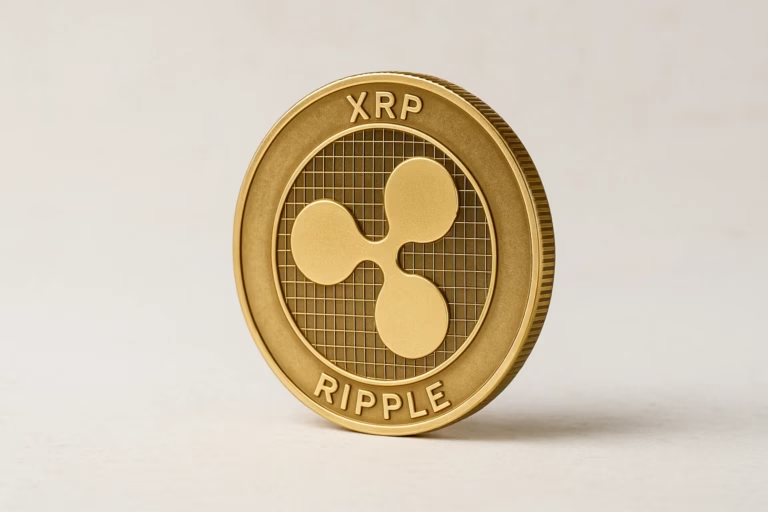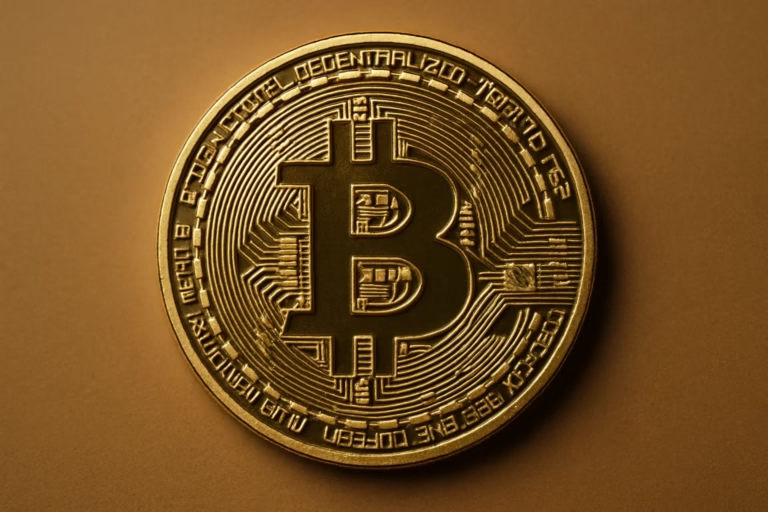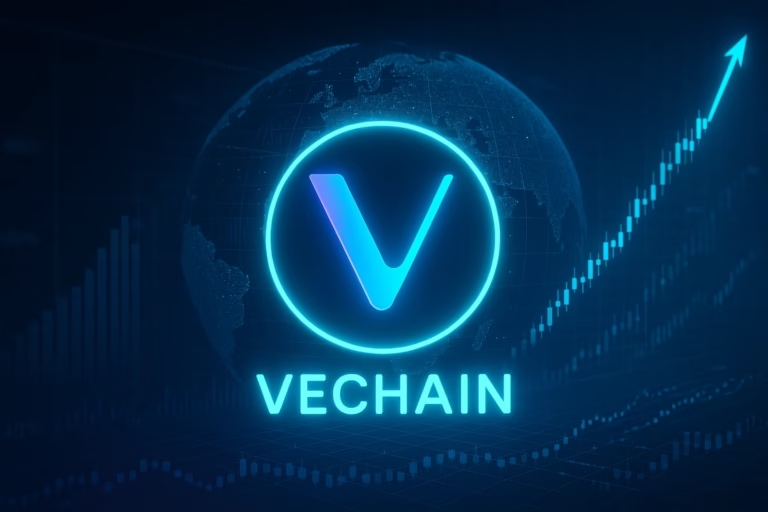
- Ripple is cautious about promoting XRP due to ongoing SEC scrutiny, which limits its ability to market the token like Bitcoin, a non-security asset with more regulatory freedom.
- Despite this, the XRP community remains optimistic, with recent price gains and potential future regulatory clarity raising hopes for further growth.
Understanding the Difference Between XRP and Bitcoin’s Market Freedom
Ripple, a prominent company in the cryptocurrency space, has faced challenges in promoting its XRP token due to regulatory scrutiny, particularly from the U.S. Securities and Exchange Commission (SEC). Unlike Bitcoin, which enjoys regulatory clarity as a non-security, XRP’s promotional efforts are significantly limited. This article delves into why Ripple is cautious about promoting XRP, contrasting it with Bitcoin’s unrestricted growth.
The SEC’s Impact on Ripple’s Strategy
XRP lawyer Bill Morgan recently explained Ripple’s cautious stance on promoting XRP, largely due to the ongoing SEC litigation. The SEC claims XRP may qualify as a security, making any promotional activity for retail investors risky for Ripple. In contrast, Bitcoin is widely accepted as a decentralized asset, free from SEC oversight. This means Bitcoin supporters can encourage investment without regulatory restrictions, while Ripple faces substantial constraints in its marketing efforts.
Morgan highlights that Ripple’s promotion of XRP might risk triggering new regulatory complications, given that the SEC continues to scrutinize the cryptocurrency closely. The court previously ruled that Ripple’s programmatic sales of XRP did not meet the Howey Test—a legal standard for defining securities—due to the lack of evidence suggesting Ripple promoted XRP to retail investors. Despite this, the SEC is actively appealing this ruling, keeping Ripple under regulatory watch.
Bitcoin’s Advantage: A Non-Security Status
Bitcoin’s regulatory advantage lies in its classification as a non-security asset, meaning Bitcoin holders and advocates are free to promote the asset without risking legal repercussions. This distinction gives Bitcoin an edge over XRP, as the SEC-created regulatory disparity creates a unique growth opportunity for Bitcoin. With Bitcoin’s price recently hitting historic highs and widespread support from retail and institutional investors, Bitcoin’s growth continues uninhibited.
This regulatory difference has led Morgan to describe Bitcoin’s position as “an unfair SEC-created advantage over the whole market.” It allows Bitcoin’s adoption to flourish without the legal challenges faced by XRP and other cryptocurrencies, leading some to question the fairness of the current regulatory landscape.
Ripple’s Path Forward Amid Regulatory Uncertainty
The legal battles Ripple faces are far from over. As the SEC appeals Ripple’s previous court win, the Second Circuit Court of Appeals has scheduled the SEC’s opening brief for January 15, 2025. This timeline has sparked industry speculation, with some analysts suggesting that changes in the U.S. administration could lead to regulatory shifts that might benefit Ripple. If the SEC fails to meet its deadlines, Ripple could achieve a clearer regulatory path, possibly enhancing its promotional freedom.
Conclusion: Optimism in the XRP Community
Despite these regulatory obstacles, the XRP community remains optimistic. XRP recently surpassed $0.61, leading to hopes of a potential price surge, especially with the possibility of an XRP exchange-traded fund (ETF) on the horizon. Ripple CEO Brad Garlinghouse noted that XRP was once the second-most valuable digital asset, and many hope it could reclaim a prominent position with greater regulatory clarity.
Until the regulatory landscape changes, however, Ripple is likely to continue its conservative approach. While Bitcoin soars freely, Ripple’s cautious path reflects the unique challenges facing cryptocurrency companies navigating uncertain regulatory environments.




